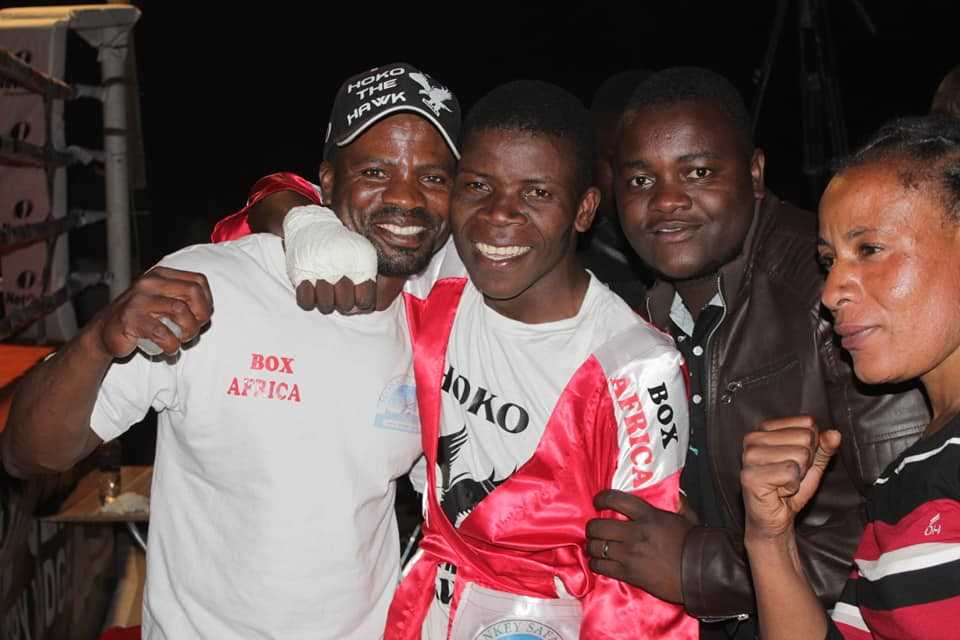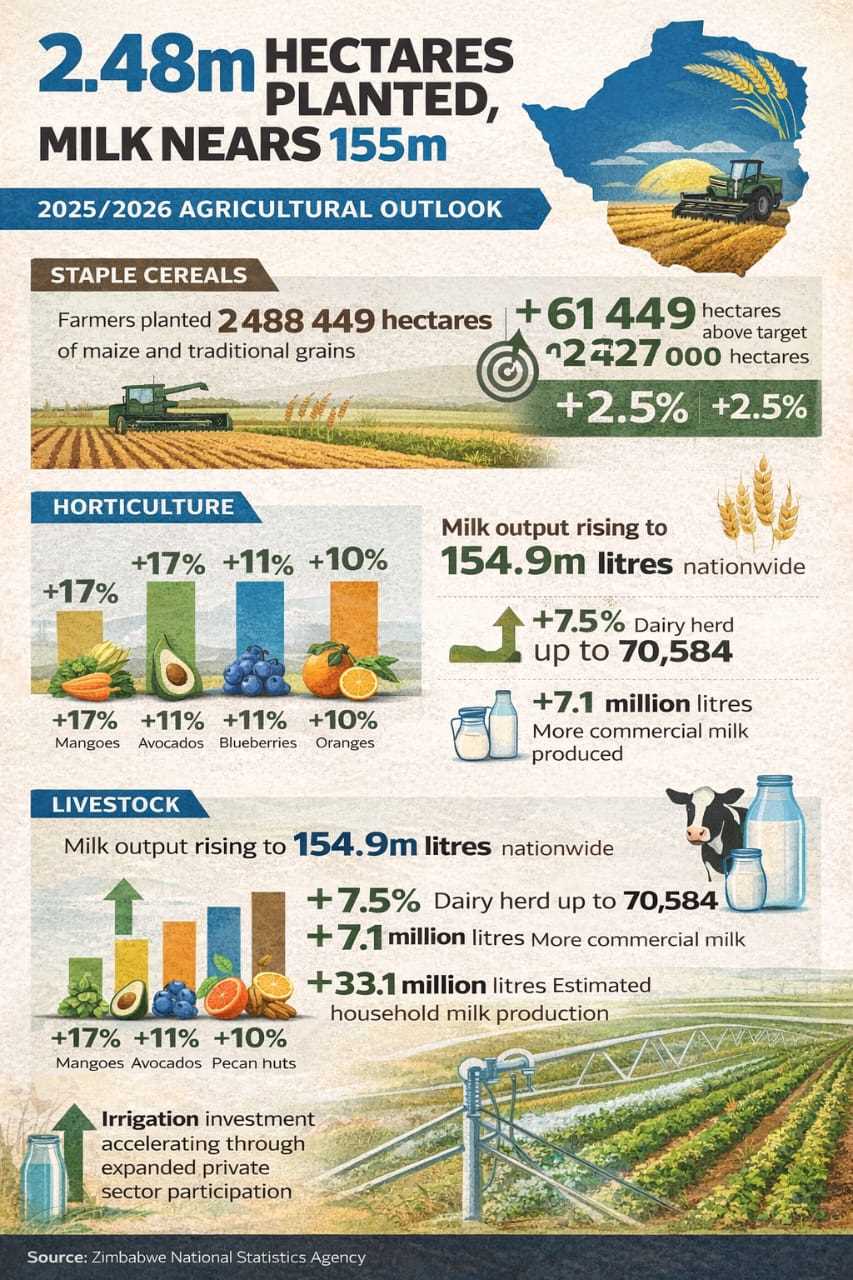
Gilbert Munetsi - Zim Now Writer
The African Boxing Union, generally viewed as a pedestal to international stardom, has released ratings for June with Zimbabwean pugilists conspicuous by their failure to secure top spots in most divisions.
Despite enjoying a proud legacy of boxing excellence and a deeply-rooted passion for the sport, the country currently sees limited representation among Africa’s top-ranked professional fighters.
According to critics interviewed, the scarcity in the continental rankings reflects both the systemic challenges facing Zimbabwean boxing and the untapped potential that still lies within its borders.
But while Zimbabwe’s footprint in the ABU rankings remains modest, less than a handful have, all the same, managed to make their presence felt.
Just four have been ranked among the top 15 in their respective weight classes and two of these —Ndabezihle Phiri and Beaven Sibanda—have achieved the remarkable feat of holding the Number 1 spot in their divisions, a testament to their exceptional talent and perseverance. They fight in the flyweight and strawweight divisions respectively.
The other two who have made the grade are Hassan Milanzi (super-bantamweight) and Tatenda Biningu (super-feather).
However, it is the absence of Zimbabwean contenders in other divisions—ranging from lightweight to heavyweight—that underscores the broader issue of under-representation at the continental level.
Sources interviewed attributed the development of lack of visibility and positioning to limited international exposure.
“Zimbabwean boxers often compete primarily within local circuits, where opportunities for international fights are scarce. This lack of cross-border experience limits their ability to accumulate ranking points and build a broader reputation.
Related Stories
“Compared to African boxing powerhouses such as South Africa, Ghana, and Nigeria, Zimbabwe lacks the same level of financial investment, gym facilities, and access to elite coaching. This gap affects everything from athlete development to fight promotion,” said boxing journalist Langton Nyakwenda, a senior sports scribe for The Sunday Mail.
Former professional boxer and coach, Jeremiah Chiyangwa believes there is also the issue of the domestic scene which, while spirited, does not yet offer the depth or frequency of high-level competition required to consistently develop world-class fighters.
“It’s a fact that without regular exposure to strong opponents, even the most talented boxers risk stagnation.
“Many of our fighters struggle to secure effective representation. Without skilled managers and promoters advocating for regional or continental fights, athletes therefore remain confined to lower-tier bouts with limited stakes,” Chiyangwa said.
Despite the broader challenges, the performances of Phiri and Sibanda serve as beacons of hope. Phiri’s rise to the top of the flyweight division has been nothing short of phenomenal, marked by sharp technical skills, tenacity, and consistent dominance in the ring.
Similarly, Sibanda’s commanding presence in the strawweight category shows that Zimbabwean fighters can lead on the continental stage when equipped with the right support and opportunities.
The duo are not just statistical standouts—they are living proof that Zimbabwean talent can thrive under the right conditions. Their achievements could serve as a foundation upon which the next generation of Zimbabwean champions is built.
“I think their triumphs should be viewed not as exceptions, but as a blueprint for what is possible with strategic investment, stronger grassroots development, and greater exposure to international competition.
“To elevate Zimbabwe’s status in African boxing, stakeholders must collaborate across government, private sector, and sporting bodies to invest in training facilities and coaching development.
“There is also great need to establish international partnerships for fight opportunities and to develop programmes such as the recent one at Raylton to groom future champions.” Added Nyakwenda.
He reiterated the fact that Zimbabwe has boxing talent that simply needs a structure and support to thrive on the continental and, eventually, global stage.



















Leave Comments